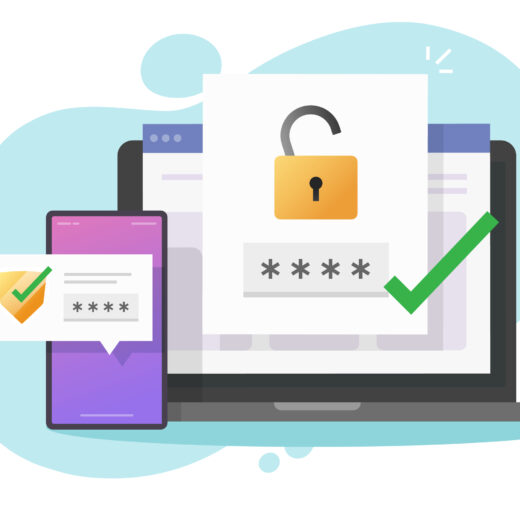What Is A .sch.uk Domain and How Do I Get One?

If you’re involved in education or school administration in the UK, understanding what a .sch.uk domain is and how to obtain one could be crucial. In this post, we’ll explore the significance of the .sch.uk domain, who can register it, and the process for obtaining one.
What Is a .sch.uk Domain?
The .sch.uk domain is a second-level domain within the UK’s country code top-level domain (ccTLD), .uk. The .sch.uk domain is specifically reserved for schools and educational institutions in the UK, providing a clear, recognisable online identity that signifies the domain belongs to an educational establishment.
Unlike general domains such as .com or .co.uk, which can be registered by anyone, the .sch.uk domain is tightly regulated. This ensures that only eligible entities—schools recognised by the UK government—can use this domain, thus maintaining its integrity and trustworthiness.
Who Can Register a .sch.uk Domain?
To register a .sch.uk domain, the organisation must be a UK-based school. This includes:
- Primary Schools
- Secondary Schools
- Independent Schools
- Academies and Free Schools
- Special Schools
Generally, only educational institutions that are recognised by the Department for Education (DfE) in England, the Department of Education in Northern Ireland, the Scottish Government, or the Welsh Government are eligible to register a .sch.uk domain. Private tutoring services, online schools, or other educational entities that don’t fit into the traditional school category are not eligible for this domain.
Why Use a .sch.uk Domain?
There are several advantages to using a .sch.uk domain:
- Credibility: A
.sch.ukdomain immediately signals that the website is associated with a legitimate UK educational institution, building trust with parents, students, and the community. - Branding: It provides a clear and consistent brand identity for schools, distinguishing them from other entities online.
- Compliance: Some local education authorities or governing bodies may require schools to use a
.sch.ukdomain to ensure compliance with UK educational standards. - Email Addresses: Schools can offer personalised email addresses to staff and students using the
.sch.ukdomain, which further enhances professionalism and security.
.SCH.UK Domains
All schools located within the UK (including Academies and nursery schools) are entitled to a .sch.uk domain name, which is free.
These .sch.uk names are registered directly through Nominet.
NOMINET
You can check to see if the domain is already registered here:
https://www.nominet.uk/lookup/
GAINING ACCESS: STEP 1
If you do have an existing account you can use the “forgot password” link.
https://secure.nominet.org.uk/auth/login.html
GAINING ACCESS: STEP 2
If you have forgotten your passphrase, please contact NOMINET on:
Telephone: +44(0) 330 236 9470 (Lines open 8am – 6pm), Email: domainsupport@nominet.uk
REGISTER NEW DOMAIN
If you need to register a new domain please check which domain location is relevant.
Click here for list of domains.
You’ll need to send Nominet the following details as a signed request on your school’s letter head paper.
- School name
- ID number (your DFE number)
- Postal address
- Contact name
- Contact email address
- Preferred domain name (the domain name you’ve decided on)
- Registrar’s IPS tag (see below)
Click here for Nominet contact details
===
Need help?
We can help look after the domain name for you and provide DNS management.
NOTE: Do not change the IPS Tag without telling us, we can get things ready to avoid any website downtime.
Once we have things ready, just ask Nominet to change the domain IPS Tag to EASYSPACE.
We will keep you as the owner of the domain and add ourselves as admin so we can help make changes when required.
We charge £7.50 + VAT per year for DNS / Domain Management services.







